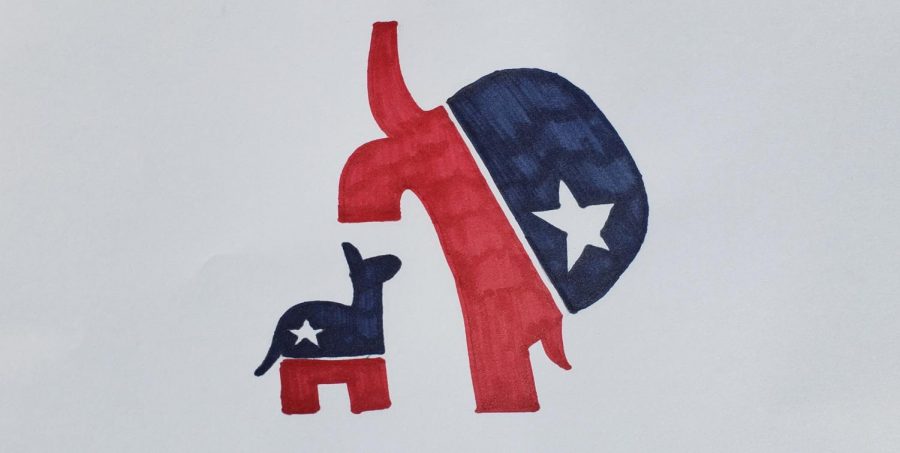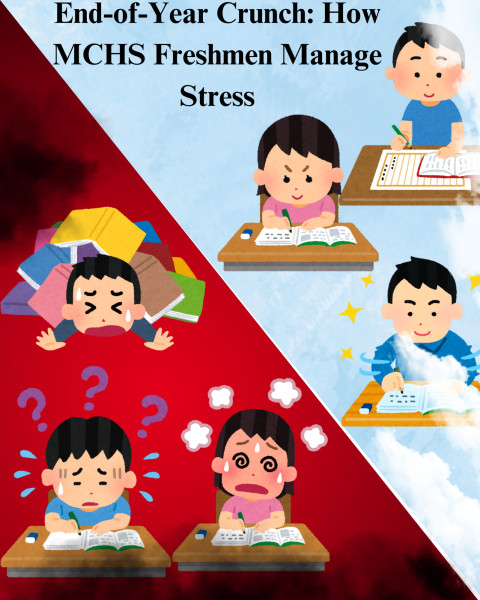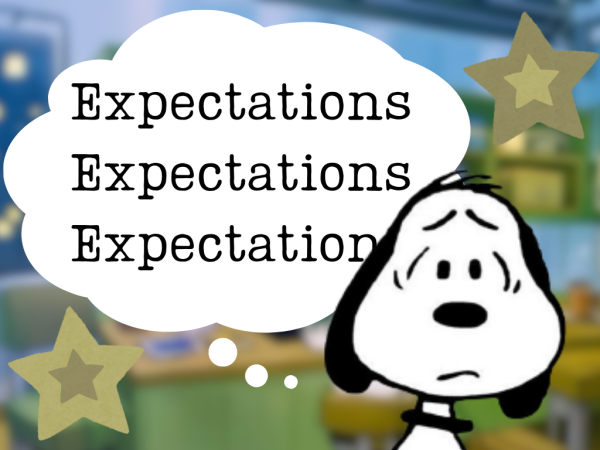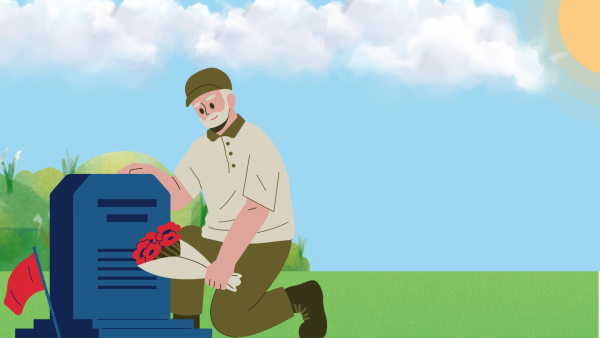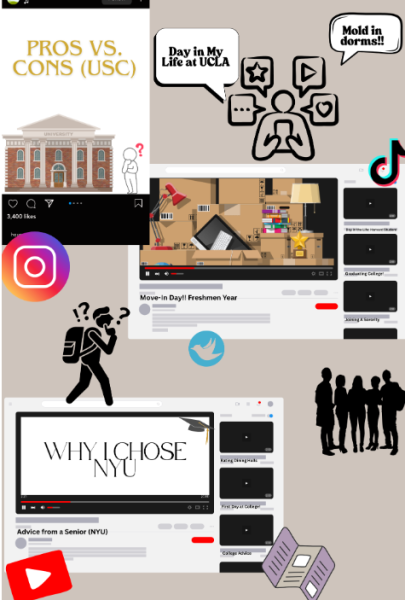Is the spread of conservative ideas among youth linked to extremist attacks?
Conservatism is becoming a counterculture against Liberalism in today’s youth
When you picture a conservative, what do you see? Is it a white, rich business man? Perhaps a gun-toting Southerner? Or even just an everyday person? These could all be right, however, there is one group that not everyone would even think of as conservative: Generation Z.
Generation Z grew up during the Obama era, where political correctness and progressiveness became the norm. The biggest influences in a young person’s life, school and the media, were dominated by the left. When those in Gen Z reached their teenage years, those with an inclination to rebel turned to the other side of the political spectrum, creating a new counterculture.
While conservatism in itself is not bad, the ideas that are paraded by those on the more extreme end could stir trouble. Ideologies such as white genocide and superiority can and have been shown to influence the most impressionable and vulnerable into committing sinister acts.
What is it exactly that these ideas promote? White genocide and white superiority are two sides of the same coin: one promotes the idea that the white race is systematically being replaced by non-white populations, and the other that the white race is superior to all others.
These ideas, while hateful and violent, do not create mass shooters on their own. Valley High School senior Alex Quezada, a self-proclaimed conservative, believes that “…although violence can be fueled by ideology, it does not necessarily cause it.” Rather, he believes that it is largely dependent on the individual. “Those that are prone to violence will latch onto whatever ‘morals’ needed to justify their actions. [It] really depends on the inclination for violence in the teen…”
Psychologists agree with this viewpoint. A majority of mass shooters have shared the same characteristics: having a fascination with death, a dysfunctional family life, and being lonely, jealous, and angry. These like-minded individuals congregate online with one another, allowing their hatred to ferment and worshipping past mass shooters as idols. All of that can amalgamate into a monster. According to a report the Anti-Defamation League released in 2018, 73.3 percent of deaths by extremist attacks were linked to right-wing extremism, many of which were committed by white supremacists.
One notable attack was the El Paso shooting from a month ago. The shooter was only 21, making him part of Generation Z. Right before the shooting, he had posted his manifesto on 8chan, a site infamous for allowing all types of speech, stating that the “Hispanic invasion of Texas” was the reason for his attack. Fueled by racism and ideas of white superiority, he unloaded at a local Walmart. It has been the deadliest mass shooting this year thus far, with 22 fatalities and 24 injured.
Another example of a Generation Z shooter is Nikolaz Cruz. Cruz expressed white supremacist views online, including his desire to murder people of color. He and his friends gathered into a group chat where they would discuss their hatred of non-white and gay people. On Valentine’s Day last year, Cruz shot up Marjory Stoneman Douglass High School, killing 17 students and employees.
It has gotten to the point where the creator of 8chan, Fredrick Brennan, called for the site to be shut down. His site was infamous for being a safe haven of all types of speech, even hate speech. He was appalled that his creation had given extremists such as the El Paso shooter and the Christchurch shooter a platform to spew their ideas. It isn’t only the darker corners of the internet that spread these ideas. Mainstream social media networks, like Instagram, still have their fair share of right-wing ideas spread around. “I see a lot of memepages and the people that follow them saying conservative things,” said freshman Aymee Marin. It is primarily our country’s youth on these sites.
Ultimately, these ideas alone do not create mass shooters. It is the combination of violentness, loneliness, and a need to rebel. Like Quezada said, “The more the person wants acceptance, the more likely they are to do extreme things in order to find [it].”
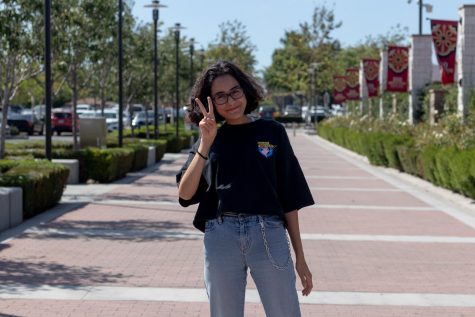
Fun Facts:
My favorite Pokémon is Dosclops.
All my clothes are thrifted.
My favorite anime is Mob Psycho 100.
































